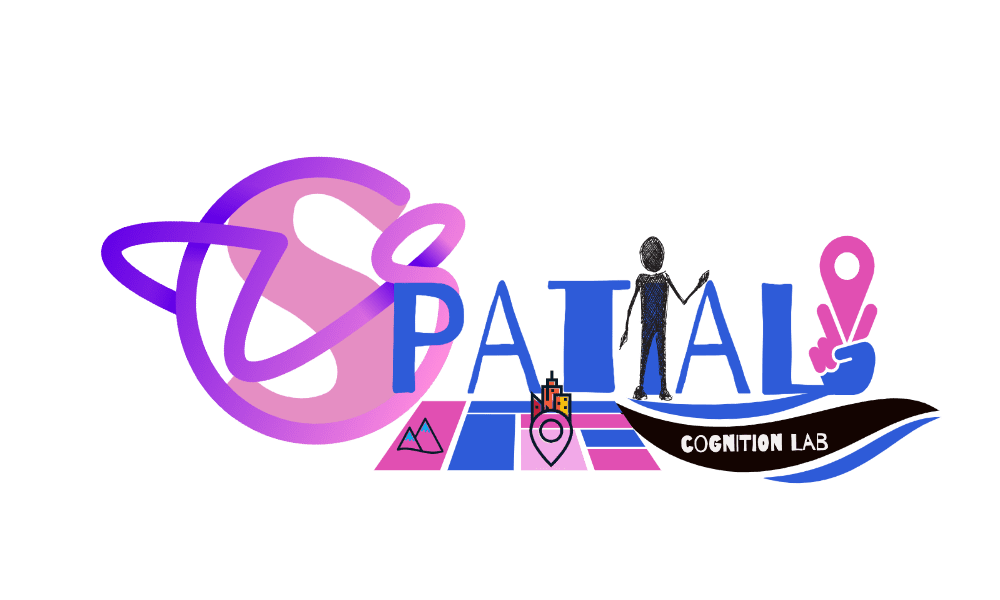The Vulnerable Side of Tech Addiction: How Personality Fuels Our Digital Habits
We often blame the algorithms. We blame the infinite scroll, the notification chimes, and the bright screens for our inability to put our phones down. But what if the root cause isn’t just in the device, but deep within the complexities of our own personalities?
A groundbreaking new paper published in Personality and Individual Differences challenges the way we look at digital dependency. Titled "The vulnerable side of technology addiction," this research delves into the shadowy intersection of psychology and technology.
Authored by a team of Italian researchers—Marco Giancola, Laura Piccardi, Raffaella Nori, Simonetta D’Amico, and Massimiliano Palmiero—the study sheds light on how the "Vulnerable Dark Triad" of personality traits creates a direct pathway to Problematic Smartphone Use (PSU) and Problematic Social Media Use (PSMU).
Understanding the Vulnerable Dark Triad
Before we look at the data, we need to understand the lens through which these researchers viewed personality. While many are familiar with the "Dark Triad" (Narcissism, Machiavellianism, and Psychopathy), this study focuses on its vulnerable counterpart.
This isn't about overt manipulation or grandeur. The Vulnerable Dark Triad consists of:
-
Factor II Psychopathy: Characterized by impulsivity, high emotional reactivity, and a lack of long-term planning.
-
Vulnerable Narcissism: Defined by defensive grandiosity, hypersensitivity to criticism, and deep insecurity.
-
Borderline Personality: Marked by emotional instability and fear of abandonment.
The researchers sought to answer a critical question: Do these specific traits make someone more susceptible to getting hooked on their screen?
Study 1: Unmasking the Predictors of Digital Addiction
In the first phase of their research, involving 298 participants, the team stripped away the noise. By controlling for demographics and other personality models (like HEXACO), they isolated the impact of the Vulnerable Dark Triad.
The results were telling.
Factor II Psychopathy emerged as the heavyweight champion of bad habits. It was the strongest and most consistent predictor of both general smartphone addiction and social media overuse. The impulsivity associated with this trait seems to make resisting the urge to check the phone nearly impossible.
However, the nuances were fascinating:
-
Vulnerable Narcissism leaned heavily toward Problematic Smartphone Use. For these individuals, the phone serves as a safety blanket or a tool for constant validation seeking.
-
Borderline Personality showed a stronger link to Problematic Social Media Use. The researchers suggest this platform allows for the intense (and often unstable) interpersonal monitoring that characterizes borderline traits.
Study 2: Social Media as the "Bridge" to Smartphone Dependency
The second study, which expanded the pool to 586 participants, took the analysis a step further. The authors wanted to understand the mechanism—the "how."
They discovered a "bridge effect."
The data showed that Problematic Social Media Use (PSMU) acts as a mediator. In simple terms, people with Vulnerable Dark Triad traits don't just magically become addicted to their hardware. Instead, their personality drives them to obsessively use social media first. This social media addiction then acts as a bridge, crossing over into a generalized, all-encompassing Problematic Smartphone Use.
The phone becomes an extension of the self, not because of the hardware, but because it is the portal to the social validation and emotional regulation these specific personality types crave.
Why This Matters: The Future of Digital Mental Health
This research by Giancola, Piccardi, Nori, D’Amico, and Palmiero is more than just academic theory; it acts as a wake-up call for educators and mental health professionals.
Current treatments for tech addiction often focus on "digital detoxes" or screen time limits. However, this study suggests that for a significant portion of the population, those surface-level fixes won't work. If the addiction is rooted in Factor II Psychopathy or Vulnerable Narcissism, interventions need to target the underlying emotional regulation and personality vulnerabilities, not just the device.
By integrating these personality-based insights into digital mental health frameworks, we can move from simply telling people to "put the phone down" to helping them understand why they picked it up in the first place.
About the Research & Authors
This article is based on the study:
"The vulnerable side of technology addiction: Pathways linking the Vulnerable Dark Triad to problematic smartphone and social media use"
Published in: Personality and Individual Differences
Authors:
-
Marco Giancola
-
Laura Piccardi
-
Raffaella Nori
-
Simonetta D’Amico
-
Massimiliano Palmiero
To read the full methodology and statistical analysis, please visit the official publication source below:
[Link to Original Article: The vulnerable side of technology addiction on ScienceDirect]






